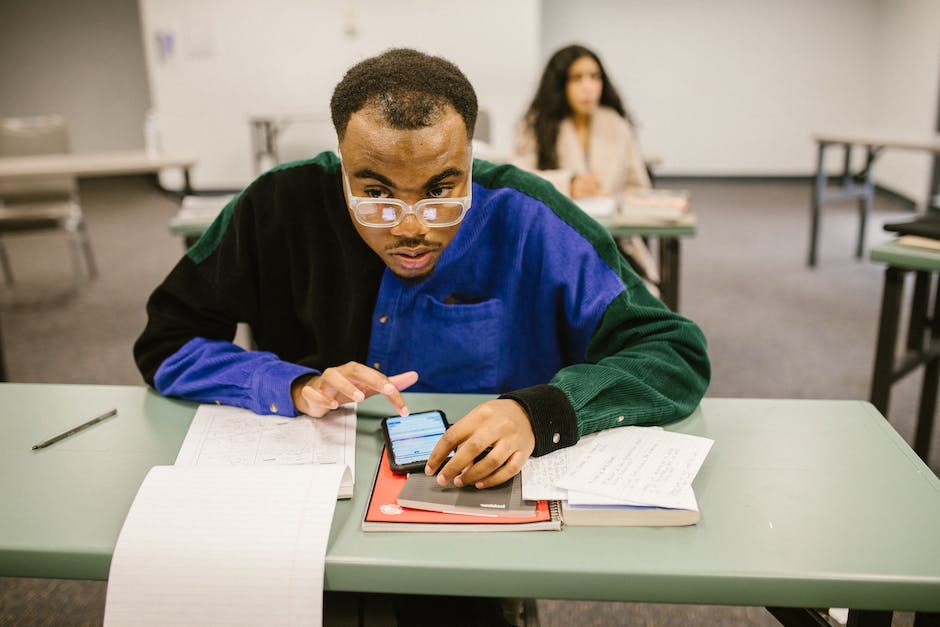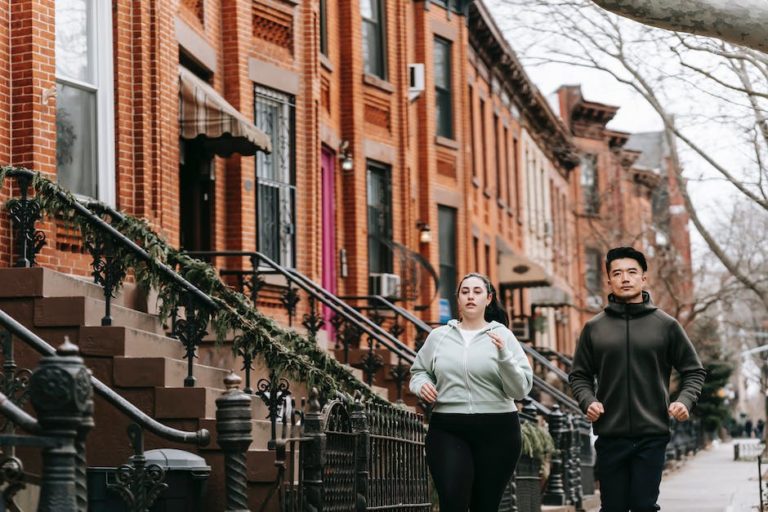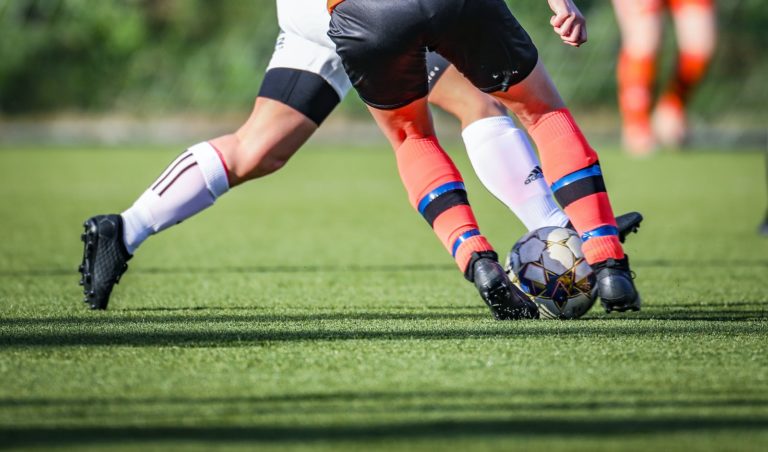How To Train For College Soccer
College soccer is a fun way to learn the game. It offers a chance to be on a stage and play with friends, but it also has serious elements. If you are looking to join a league, you must be in college for at least one semester in order to join the league.
While attending school, you must be active in your team and in the community. You must also keep up with the league schedule in order to keep your spot on the team.
It is hard to stay motivated while studying and living life after soccer. Luckily, this article will help you get started! >
This article will talk about ways to train for college soccer. There are many ways to work on your skills during the summer, so don’t worry if your season is over or not.
Join a team

Even if you are not interested in playing soccer at college, joining a team will help you get started. There are many fields all over the country that are open to the public and with a few games on the schedule, you can start training!
Many teams have organized practices every week, so even if you don’t show up on Monday or Thursday, you still might be invited to participate on Saturday or Sunday.
On Saturday and Sunday, you can go to a practice and learn how to be active on your feet and how to use your body position. On Saturday, we might do some Hill Climbing and On-Sale (getting up and doing something) while on Sunday we do some Game-style activities like passing the ball or playing with one foot in the air!
During these sessions, you will learn some physical activities you can do during your free time. Some teams have counselors who go over information with everyone before they join up so that they understand what activities they enjoy and how to prep themselves for joining a team.
Get a training schedule

Before you start training, you should have a basic training schedule. This includes warm-ups, mobility exercises, core exercises, dynamic exercises, and rest periods. You can also add new exercises to the list or add more into the past week if you have been working on them.
Mobility and locomotion activities help your body move as one unit. This is important for training and playing soccer. For example, during a physical training session you should walk around, do some squats, lunges, and stretches. Or if they are running drills, make sure you do some slow downs and runs.
You can find several different ways to fit workouts into a day or week.
Practice your footwork

Your feet are your most important instrument for training. Every movement you make on your feet must be done firmly and consistently. You can improve your footwork by practicing it in your own time throughout the week.
There are several ways to learn footwork. The best way is to combine group work with individual work. Group work can be done in a workshop, or through classes offered through a course or trainer.
In the workshop, you can use different surfaces such as a practice soccer field, gym floor, or even a rug forteam agility. You can also use equipment such as exercise balls, exercise benches, and even rugs to learn this important movement skill.
The best way to learn this movement is through teams.
Practice your shooting

Your team will be running a lot this season. It’s important to get your skills at shooting and passing on the field of course. Your team will be working on their spacing and timing of passes to create space for yourself and set up your shots.
Getting good at anything is just a little practice session away! This can be done on a bag of chips or during a training session. Either way, it’s worth it.
There are several ways to learn how to shoot the soccer ball. Some ways involve watching videos, doing short courses, or even just playing with a ball! The best way is actually watching some soccer shooting videos and then trying to do it yourself.
The reason this works is that you are actually going against the video feedback and trying yourself out in order to get better at it. You are also mixing your physical training with your game practice so that you are improving both at the same time.
Lift weights
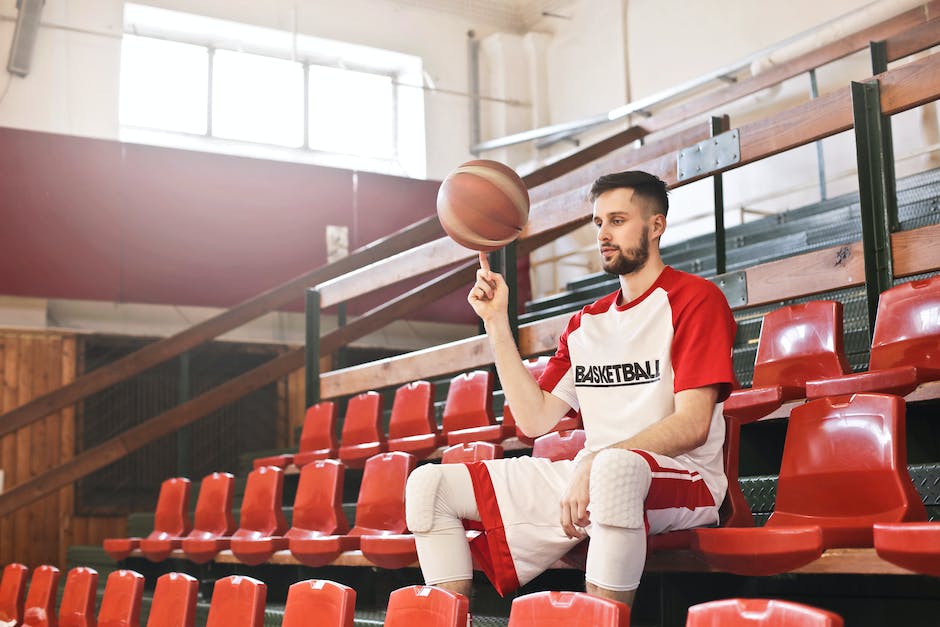
Weight training is a great way to improve your fitness. Most people start by doing exercises that are close to what your body uses for mobility and balance.
For example, walking on your feet with a step up in stairs is a good way to improve mobility. By doing exercises that require you to use your arms, neck, and hands, you also improve your fine motor skills.
After you figure out how much you need to work out, try working out at the same intensity but different times per week. For example, start working out moderately on Monday and Thursday, then work up to Sunday and Saturday as you get into shape.
Finally, make sure you are eating enough protein and fat every day to keep your body healthy.
Eat well
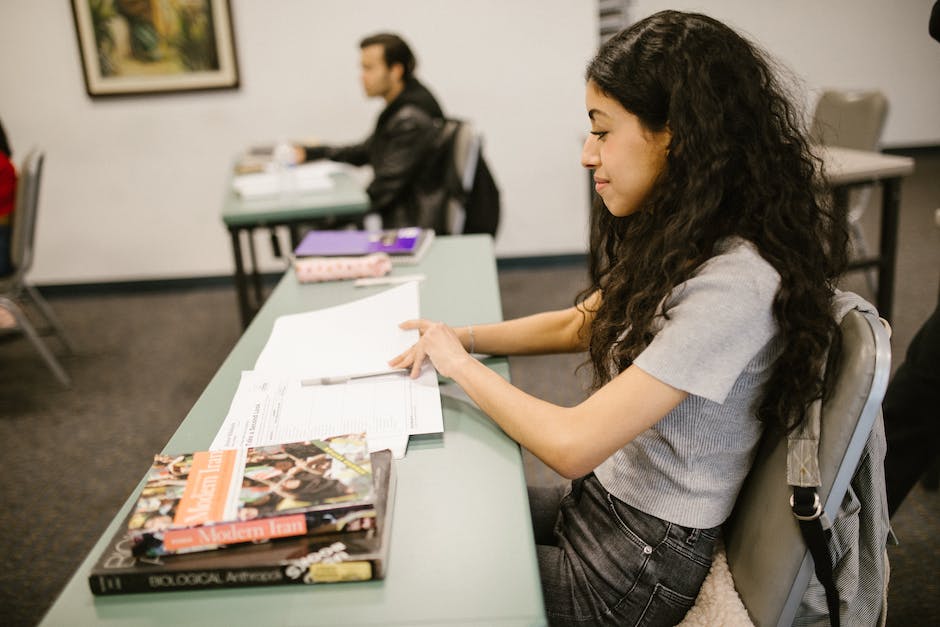
If you are going to college, you should eat well. There are a lot of food options in the college town where you live, so don’t be afraid to go shopping!
You will probably not have a ton of grocery store and food storage stores near your house, so it is time to start building a food supply. You can buy fresh fruits and vegetables all the time, but when you are living in another city with no farmers market or farmer’s market every week, this is important.
You can also buy good quality packaged foods that are traditiony eaten high in fats and calories like chicken nuggets or pizza dough according to what your official diet is called at school. These things will help build a solid foundation for what you eat while you are on campus at the university.
Lastly, make sure to buy good quality fruits and vegetables. If you live in an academic area, try buying them from students who exchange their supplies with theirs instead of buying from individual vendors.
Rest well

Most players gain weight during their sophomore and junior years. This is because you’re spending so much time in school, training, and playing. You’re going hard in practice and games, so be careful not to overtrain or overuse your body.
During your early years as a soccer player, you will most likely be spending a lot of time on the field or playing in practice and games. Take your training and playing experience for what it is – a piece of gameplay that you play with a stick or without.
If you seem to be gaining weight or eating too much while soccer is your sport, then it is probably due to overtraining. You can still eat enough to stay fit but at a lower volume than before.
It is important to keep training and playing despite health issues, because of how valuable rest and recovery are for athletes. Healthier resting habits are more important at this stage in football career.
Prepare for injuries by having backup skills

Having the appropriate skills for soccer is an integral part of training for college. While playing club or college soccer is very different, learning the basics of the game is important.
Playing in a non-contact environment can help you learn how to cope in a crisis. While playing on a field, there is no precise rulebook that says what you can and cannot do. So, work your way up from basic movements to more complex ones!
Have enough skills to get into trouble in case you need to escape from another class, injury, or just want to impress your friends. Playing with some skill deficit can be fun and inspiring.
Having some skill deficit can be covered by a soccer game or two away from the pitch, where you practice what you don’t have enough for on the ground and how to deal with it.

